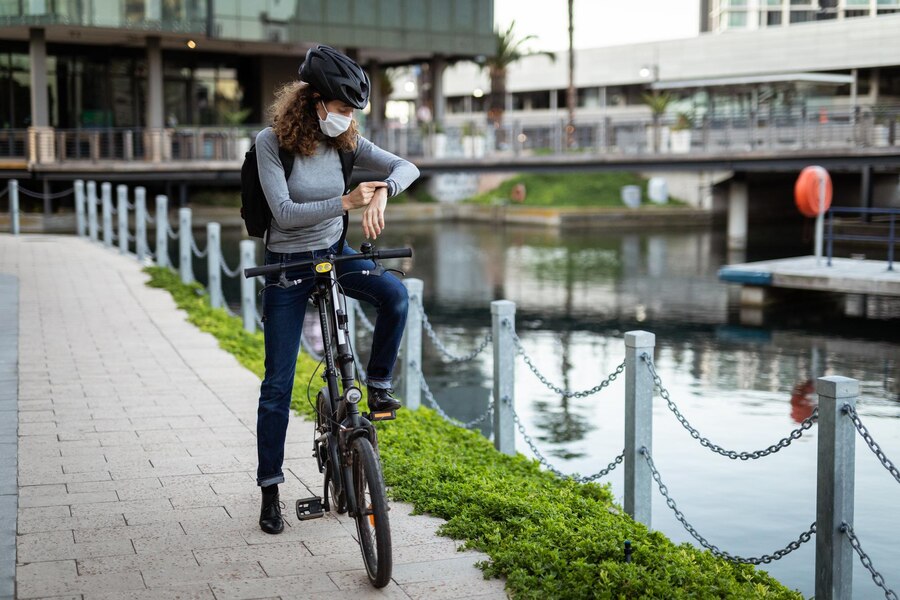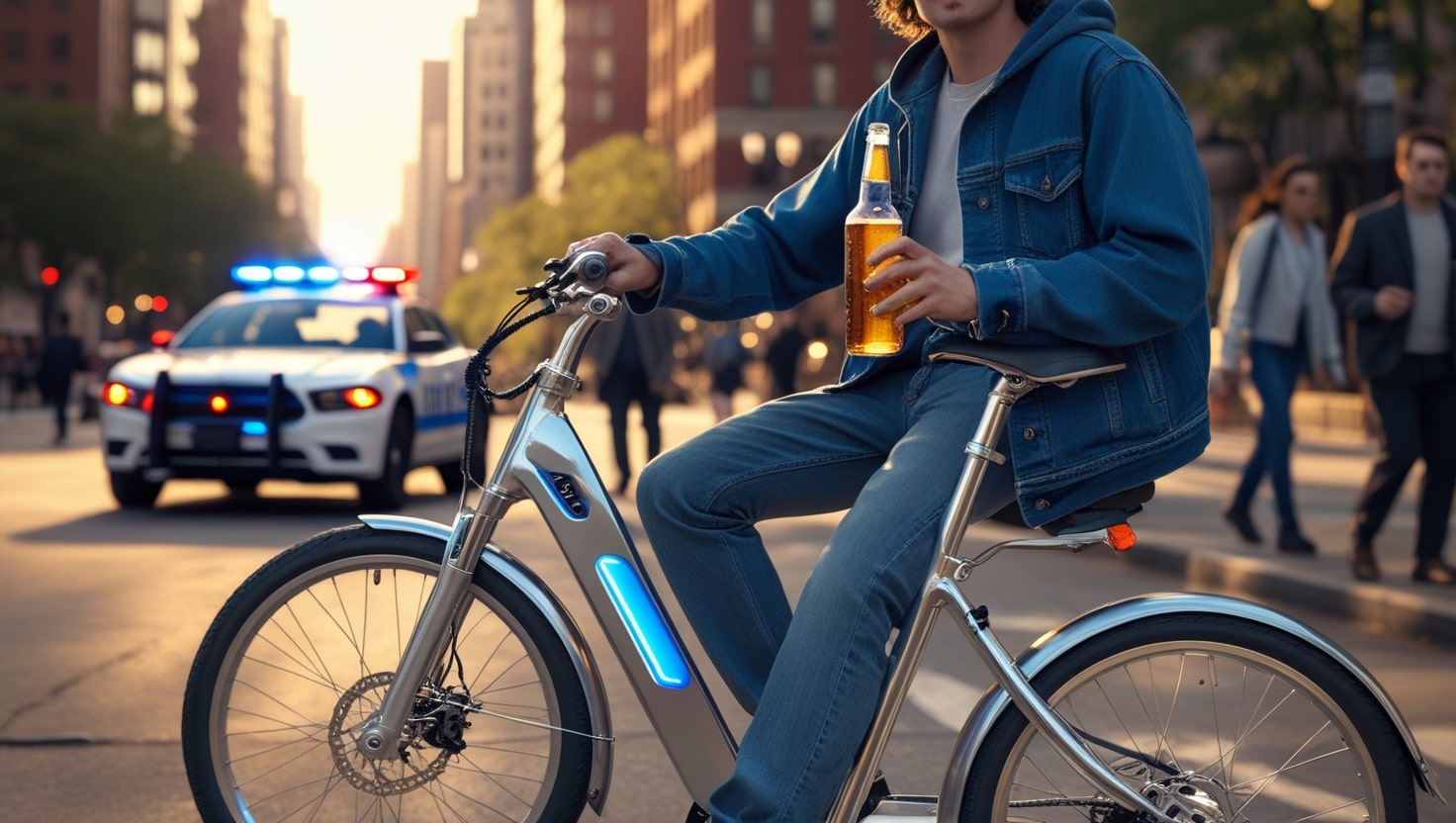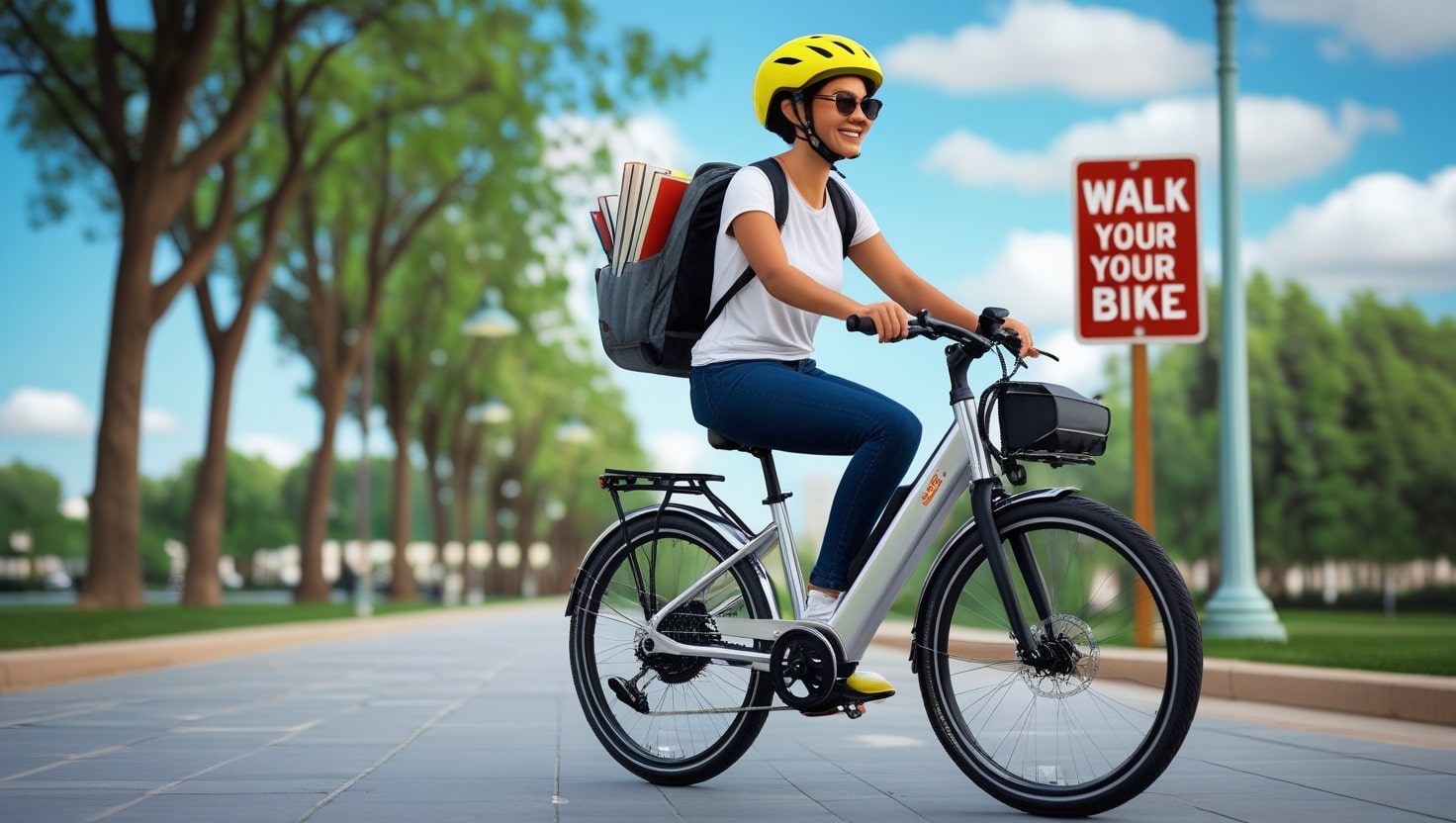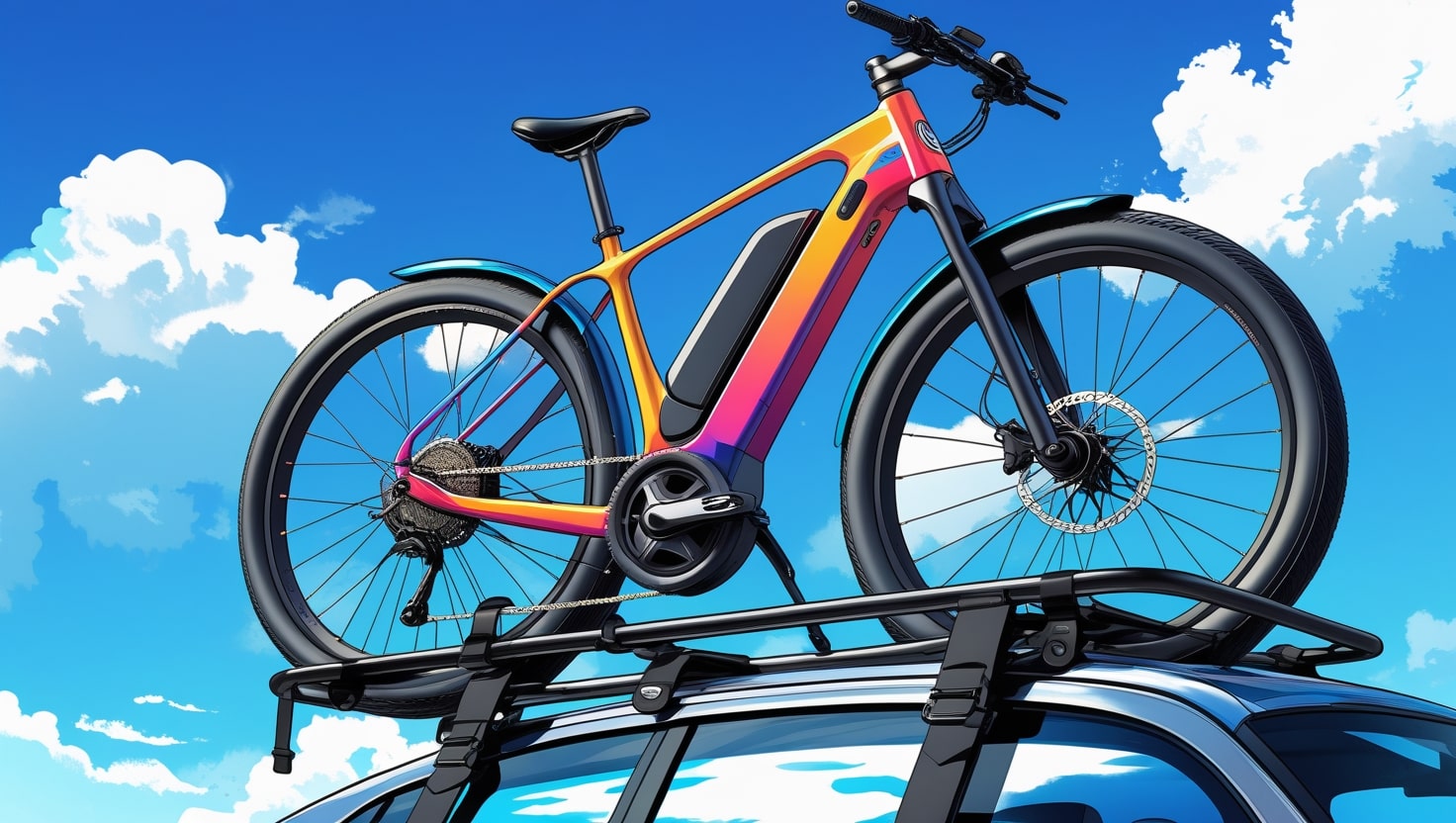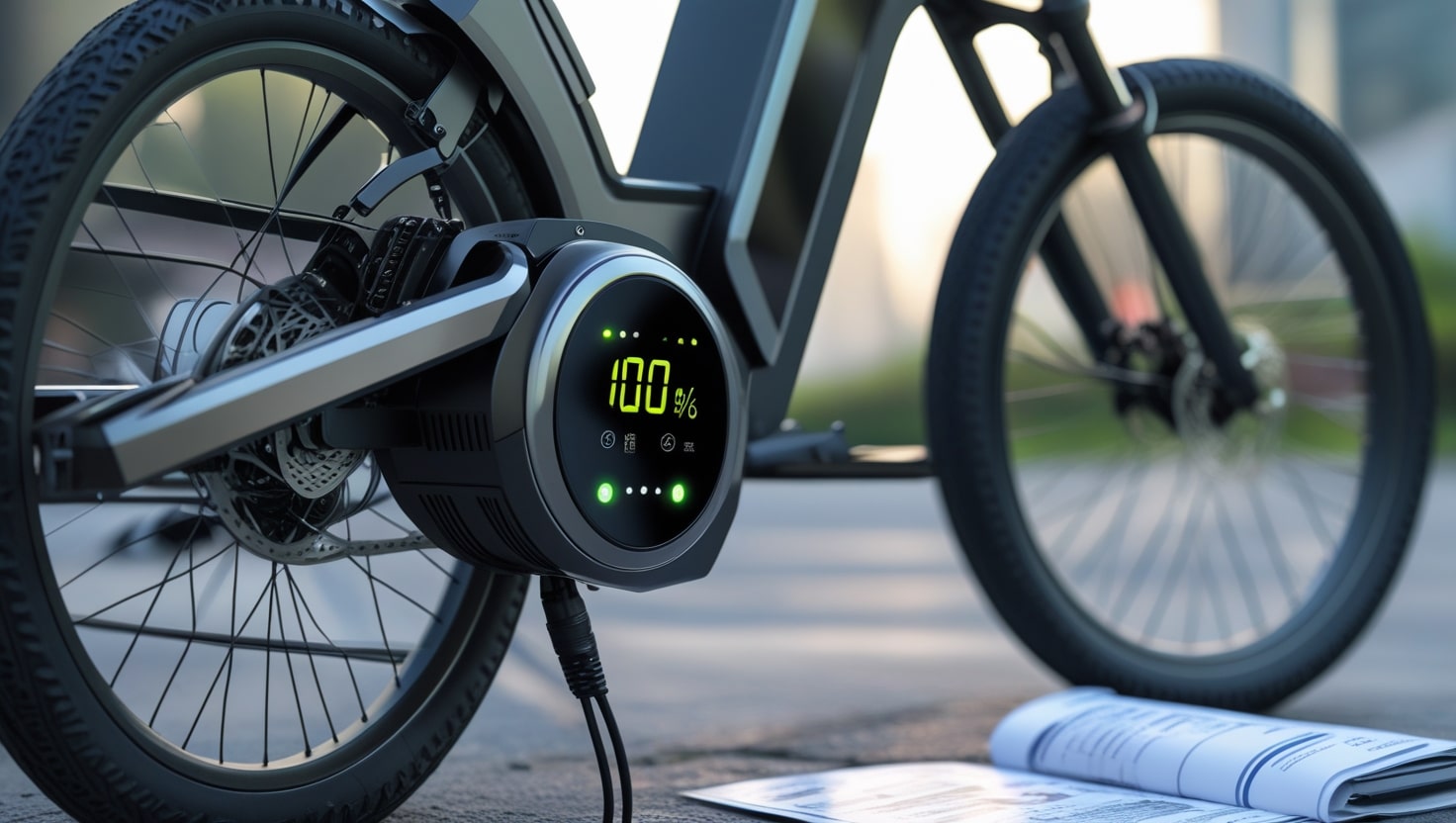Riding an ebike in Tennessee can be a fantastic way to commute or explore the state’s stunning landscapes, but understanding Tennessee ebike laws is the key to a smooth experience. These laws are designed to ensure that electric bicycles operate legally and safely across different areas, whether you’re on a trail or heading to work. Since these state-specific rules can sometimes feel broken down and complicated, knowing how they govern your rides will make things easy to understand. This prevents unnecessary hiccups and helps in enjoying your riding experience without any legal troubles.
Related: Alaska Ebike Laws
The Tennessee Ebike Laws & Classifications
In Tennessee (TN), electric bikes fall under the category of motorized bicycles, meaning they have two or three wheels, a motor with a maximum output of 750W, and an automatic transmission. These bicycles are legally classified based on how they operate and the level of motorized support they provide. Whether you’re using an eBike for commuting or recreation, knowing these categories helps ensure compliance with state laws while maintaining safety on the road.
- Class 1: eBikes with a pedal-assist-only feature, meaning the motor stops once the bike reaches 20 mph.
- Class 2: Electric bikes that can propel themselves using the motor only, but it stops once the speed reaches 20 mph.
- Class 3: Electric bicycles that provide assistance only while the rider is pedaling and stop pedaling once the bicycle reaches 28 mph.
Legal Riding: Beyond the Basics
Knowing the broad classification is only the first step. Let’s explore where riding an e-bike is legal as well as some things to be aware of.
On the Road
- Same Rules Apply: A street-legal electric bike follows the same rules as a traditional bike and must adhere to standard road regulations, just like other vehicles.
- No License or Registration Needed: Unlike motor vehicles, there’s no need to register an ebike or obtain a special license to ride legally.
- Helmet Laws: A helmet is always recommended for safety, but it’s only legally required for riders of Class 3 ebikes.
Local Paths and Sidewalks
- Bike Paths: Access varies based on ebike class and local laws. While Class 1 and Class 2 are generally permitted, some areas may have restricted use locally. Class 3 ebikes face significant restrictions and are often limited to roads.
- Sidewalks: In Tennessee, ebikes are not allowed on sidewalks, ensuring safety for riders and pedestrians while promoting smooth traffic flow.
TENNESSEE eBIKE LAWS FOR TRAILS
- » LOCAL: Always consult your local land management agency to check if ebikes are allowed on specific trails in your area. Rules can vary by region.
- » STATE: Tennessee State Parks do not currently permit ebikes on park trails. Check with the department for the most up-to-date information as policies may change. Organizations like ChiceBike are actively monitoring these policies and will update this document when needed.
- » FEDERAL: On federal lands, eMTBs are classified as motorized vehicles, allowing them to be used on motorized trails.
For more information, contact the U.S. Forest Service Southern Regional Office, Big South Fork National River and Recreation Area, or the Tennessee Valley Authority.
eMTB GUIDELINES
- Access varies across federal, state, county, and local trails, so always check before riding.
- E-mountain bikes (eMTBs) are typically allowed on designated natural surface trails that are open to both motorized and non-motorized uses.
- Some trails are managed for non-motorized activities, meaning eMTBs may not be permitted.
- Always ride legally and on authorized trails to maintain a reputation as responsible mountain bikers.
- If rules are unclear, ask a land manager before riding, as trail access can change frequently.
GREAT eMTB RIDES IN TENNESSEE
- Buffalo Mountain ATV Trail: Located in Johnson City, this 22.4-mile ATV trail has been adapted for eMTBs and features steep inclines, rugged terrain, and thrilling climbs through the Appalachian Mountains. With sharp turns and rapid descents, it’s best suited for experienced riders looking for a challenging and engaging ride.
- Hickman County Gravel Grinder: This 35-mile gravel road in Dickson runs through Middle Tennessee’s scenic countryside, offering rolling hills and flat stretches. While less technical, it demands good endurance, making it perfect for long-distance rides on smoother surfaces. The Grinder is an excellent way to explore rural Tennessee’s peaceful landscapes.
Age Restrictions and Operator Directives
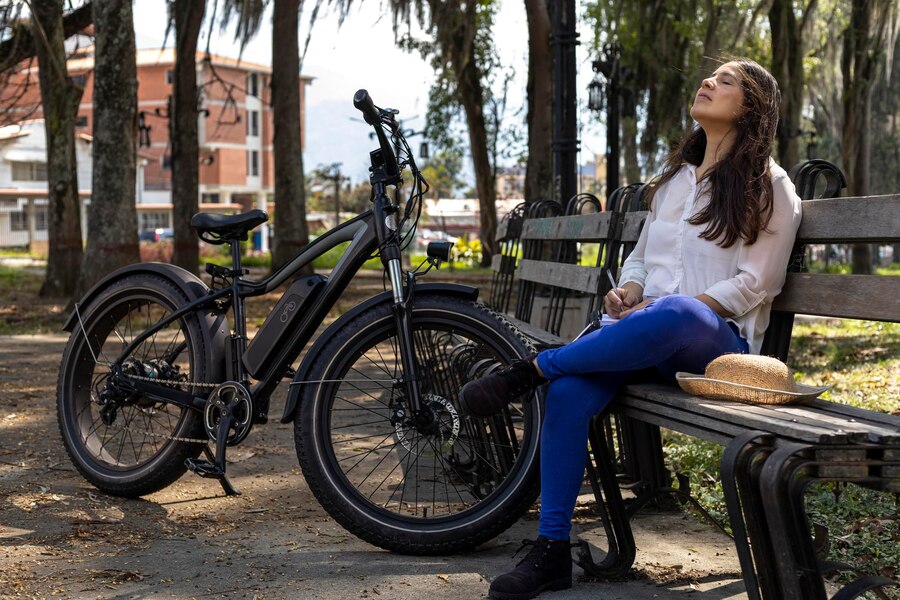
- Age Parameters: The Tennessee mandate requires operators of Class 1 and Class 2 e-bikes to be at least 16 years of age. There is no explicit limit for Class 3 e-bikes, but their escalated speeds make them less appropriate for youthful or novice riders.
- E-Bike Operator Responsibilities: Every enthusiast should be cognizant of adhering to prescribed speed limits, exhibiting civility in communal spaces and congested zones, and performing regular maintenance checks to guarantee the motor and battery remain in prime condition.
Insurance and Accountability in E-Bike Mishaps
- Insurance Considerations: While e-bike aficionados are not legally compelled to have insurance, those with higher-end models might contemplate acquiring coverage. This can provide solace in cases of theft, accidental damage, or liability.
- Accident and Liability Regulations: In the event of an accident, riders are subject to the same liability norms as traditional bicycle users. Understanding these applicable rules is crucial for every proprietor to ensure proficiency in accident regulations.
The Influence of Local Ordinances and Alterations
- Local Bylaws: Each municipality and county in Tennessee may have distinctive ordinances impacting e-bike usage. Some areas impose constraints on specific pathways or stipulate additional safety requirements. Acquainting yourself with local enactments is essential to ensuring legal riding.
- Modifying Your E-Bike: If you modify your bike to amplify speed or power, be aware that such alterations could potentially reclassify it. This may change the applicable rules and even render it illicit for conventional road usage.
Wrapping It Up
Ebikes are a fantastic way to explore Tennessee, whether you’re looking to commute efficiently, enjoy the outdoors, or take on a new adventure. By understanding the state’s ebike laws, you can ensure a safe, legal, and hassle-free riding experience. Whether you’re pedaling through the city streets or gearing up for a great trail, following key guidelines will help you make the most of every ride. Happy riding!
Related: North Dakota Ebike Laws
Related: New York Ebike Laws
FAQs
Do you need a license, insurance or registration in Tennessee?
In Tennessee, riding an e-bike does not need a license or registration.
What are the restrictions on Motor power or throttle in Tennessee?
According to Tennessee law, e-bikes need to have motors that are under 750 watts.
Are there any age restrictions to riding an electric bike in Tennessee?
To ride on a street or highway, a Class 3 e-bike rider is required to be more than 14 years old.
What are the laws around helmets in Tennessee?
Both riders and passengers on class 3 bikes must wear helmets.
Are electric bikes allowed on sidewalks in Tennessee?
No, e-bikes are not permitted on Tennessee sidewalks. This regulation serves to protect both riders and pedestrians; therefore, it is crucial to ride your e-bike on approved bike paths or roads.
Can I ride my electric bike in Tennessee State Parks?
Electric bikes are not permitted on Tennessee State Parks trails as of the most recent regulations; however, this policy depends on modification, so it is best to verify with the park or get the most up-to-date information before visiting.

